Llion Jones, who left the US tech giant this month, founded Sakana AI with David Ha, the former head of Google's AI research in Japan. David Ha most recently led research at Stability AI.
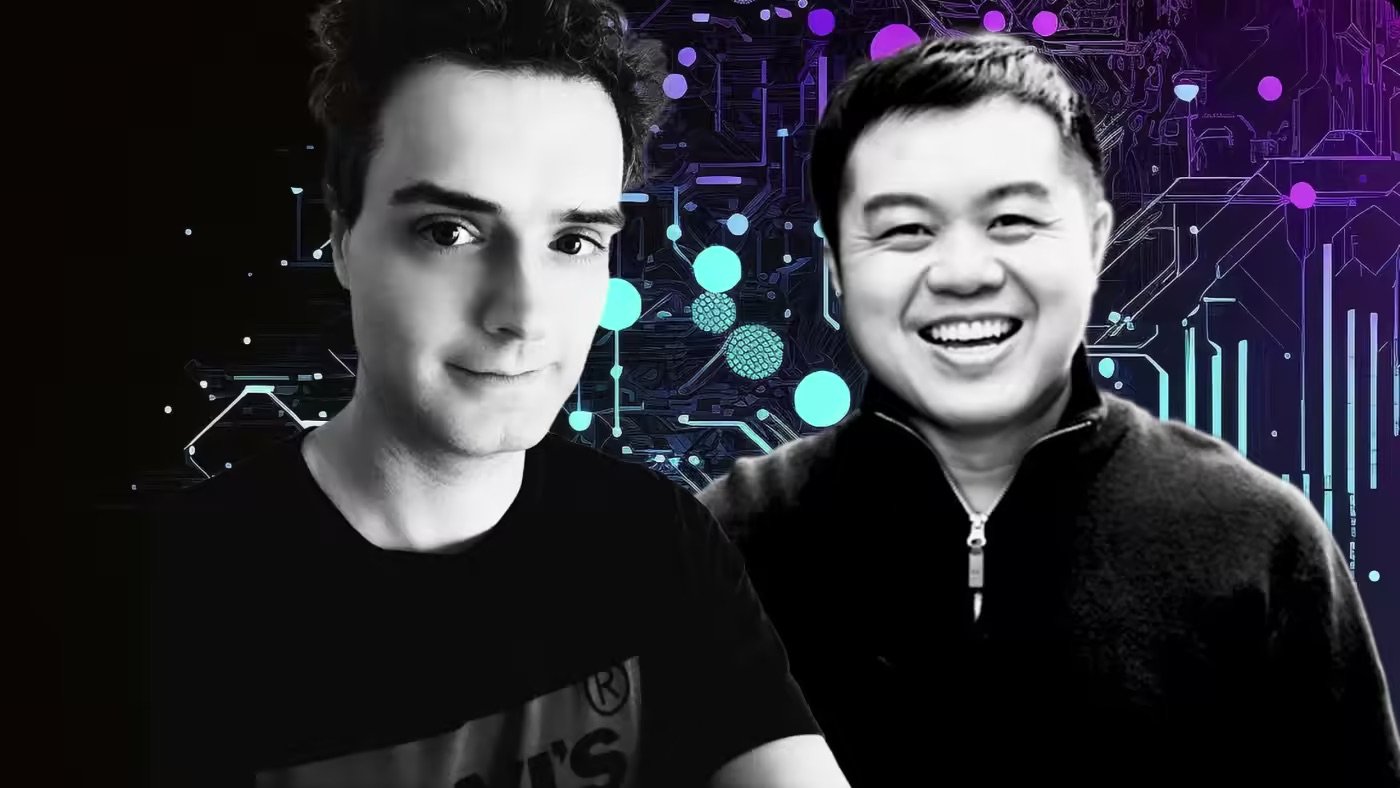
Llion Jones (left) and David Ha. Photo: FT
Jones, Sakana's chief technology officer, is one of eight Google researchers who have collaborated on building a software platform (Transformers) that underpins the development of general AI, including chatbots like ChatGPT and Bard as well as image generators like Stability AI, Midjourney, and Dall-E.
The Transformers paper was first published in June 2017. Since then, all of its co-authors have left Google, mostly to start their own startups as the race for AI talent heats up globally. Jones is the last of the eight to leave Google.
Sakana AI will build its own general AI model – software that can generate text, images, code and other multimedia. It will go head-to-head with some of the world's biggest AI companies, including Google, Microsoft, OpenAI and startups like Cohere, Character.ai and Anthropic.
Microsoft this year invested $10 billion in OpenAI in a multi-year deal, while Cohere and Character.ai have raised money in recent months at valuations of $2 billion and $1 billion, respectively.
The name Sakana, derived from the Japanese word さかな (sa-ka-na) meaning fish, is intended to evoke the idea of “a school of fish coming together and forming a unified entity from simple rules”, inspired by concepts from nature, such as evolution and collective intelligence.
Jones and Ha hope to build AI models using evolutionary computing principles, which will address issues including the cost and security of the systems.
The founders have been working in Japan for several years, they said, and chose the Japanese capital as the company's headquarters.
Tokyo is uniquely positioned to grow an AI company thanks to its high-quality technical infrastructure and educated workforce. It is a global city that is considered attractive to foreign talent.
“Ultimately, training data and machine learning around models tuned to work well in non-Western societies and cultures will be the catalyst for the next technological breakthrough,” they added.
Mai Anh (according to FT)
Source





![[Photo] 60th Anniversary of the Founding of the Vietnam Association of Photographic Artists](/_next/image?url=https%3A%2F%2Fvphoto.vietnam.vn%2Fthumb%2F1200x675%2Fvietnam%2Fresource%2FIMAGE%2F2025%2F12%2F05%2F1764935864512_a1-bnd-0841-9740-jpg.webp&w=3840&q=75)

![[Photo] National Assembly Chairman Tran Thanh Man attends the VinFuture 2025 Award Ceremony](/_next/image?url=https%3A%2F%2Fvphoto.vietnam.vn%2Fthumb%2F1200x675%2Fvietnam%2Fresource%2FIMAGE%2F2025%2F12%2F05%2F1764951162416_2628509768338816493-6995-jpg.webp&w=3840&q=75)







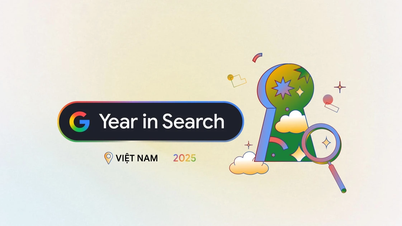

















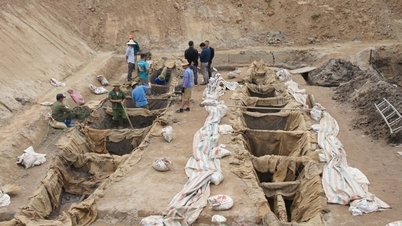


















































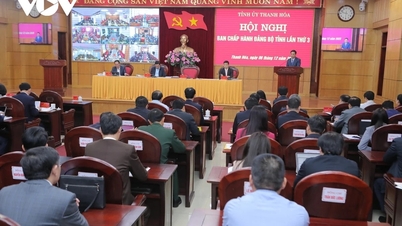
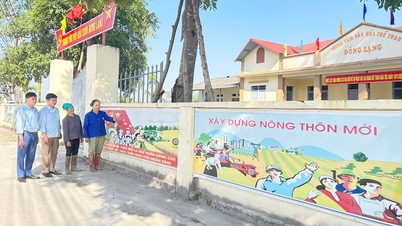


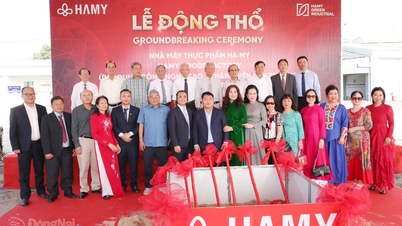

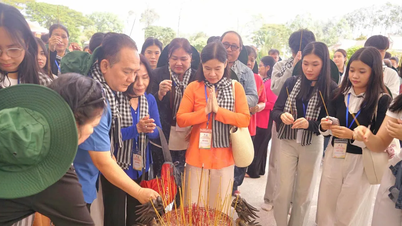
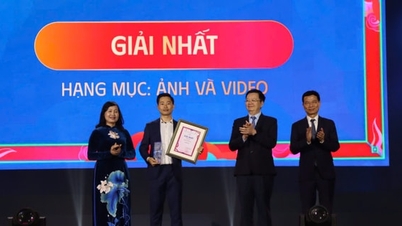


















Comment (0)